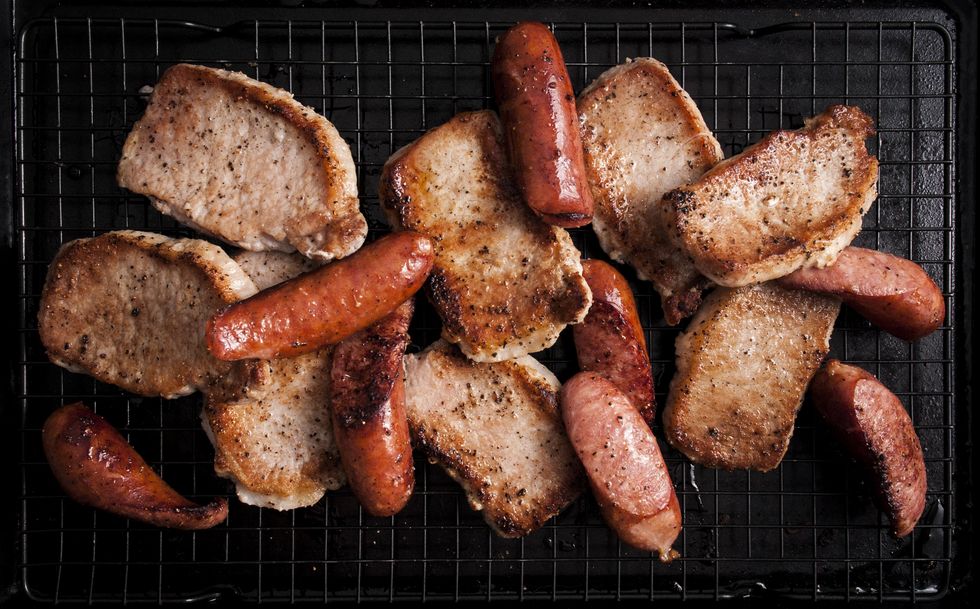The protein-packed meat that fast-tracks muscle growth after exercise, according to scientists

New findings challenge the common belief that whole foods containing natural fats enhance muscle development
Don't Miss
Most Read
Scientists have discovered unexpected findings about protein consumption following resistance exercise, demonstrating that minced pork with reduced fat content promotes muscle protein synthesis more effectively than fattier alternatives after strength training sessions.
The study, led by researchers at the University of Illinois, suggests that the processing techniques and fat proportions in minced meat products could influence how the body utilises protein for building muscle tissue.
The findings add complexity to the current understanding of post-exercise nutrition and muscle recovery strategies.
The investigation, which appeared in the American Journal of Clinical Nutrition, enrolled 16 physically fit young participants who underwent comprehensive testing procedures.

High-fat pork may inhibit muscle-building
|GETTY
Researchers administered isotope-marked amino acids through infusion to track their incorporation into muscle tissue.
Blood samples were collected at regular intervals to monitor amino acid concentrations. Initial muscle tissue samples were extracted before participants began their exercise routine.
The volunteers then completed leg press and leg extension exercises while connected to infusion equipment.
Following their workout, they consumed one of three options: minced pork with high fat content, lean minced pork, or a carbohydrate beverage.
Five hours post-meal, investigators collected additional muscle tissue samples to assess protein synthesis rates. Most participants repeated the protocol with different meal options after sufficient recovery time.
The results revealed striking differences between the meal groups. Those who ate lean minced pork experienced the most substantial rise in both total and essential amino acids in their bloodstream.
"When you see an increased concentration of amino acids in the blood after you eat, you get a pretty good idea that that is coming from the food that you just ate," explained Nicholas Burd, professor of health and kinesiology, who directed the research alongside graduate student Žan Zupančič.
LATEST DEVELOPMENTS
Participants who consumed lean pork following resistance training demonstrated superior muscle protein synthesis compared to those eating fattier versions.
This contradicted the team's expectations, as Professor Burd's earlier experiments had shown that whole eggs outperformed egg whites and salmon surpassed processed nutrient blends for muscle building.
The high-fat pork appeared to inhibit the muscle-building response significantly.
"For some reason, the high-fat pork truly blunted the response," Professor Burd noted, adding that these participants showed only marginally better muscle-building potential than those drinking carbohydrate sports drinks.

Nutrition can optimise results at the gym
|GETTY
The research team spent 12 months perfecting the fat ratios in their test patties, working with the University of Illinois Meat Science Laboratory. All meat originated from a single pig to ensure consistency.
Professor Burd theorises that grinding the meat and combining fatty portions with lean cuts may have altered digestive processes.
He noted that while nutrition can optimise results, "Most of the muscle response is to weight-training, and we use nutrition to try to squeeze out the remaining potential."
Our Standards: The GB News Editorial Charter











